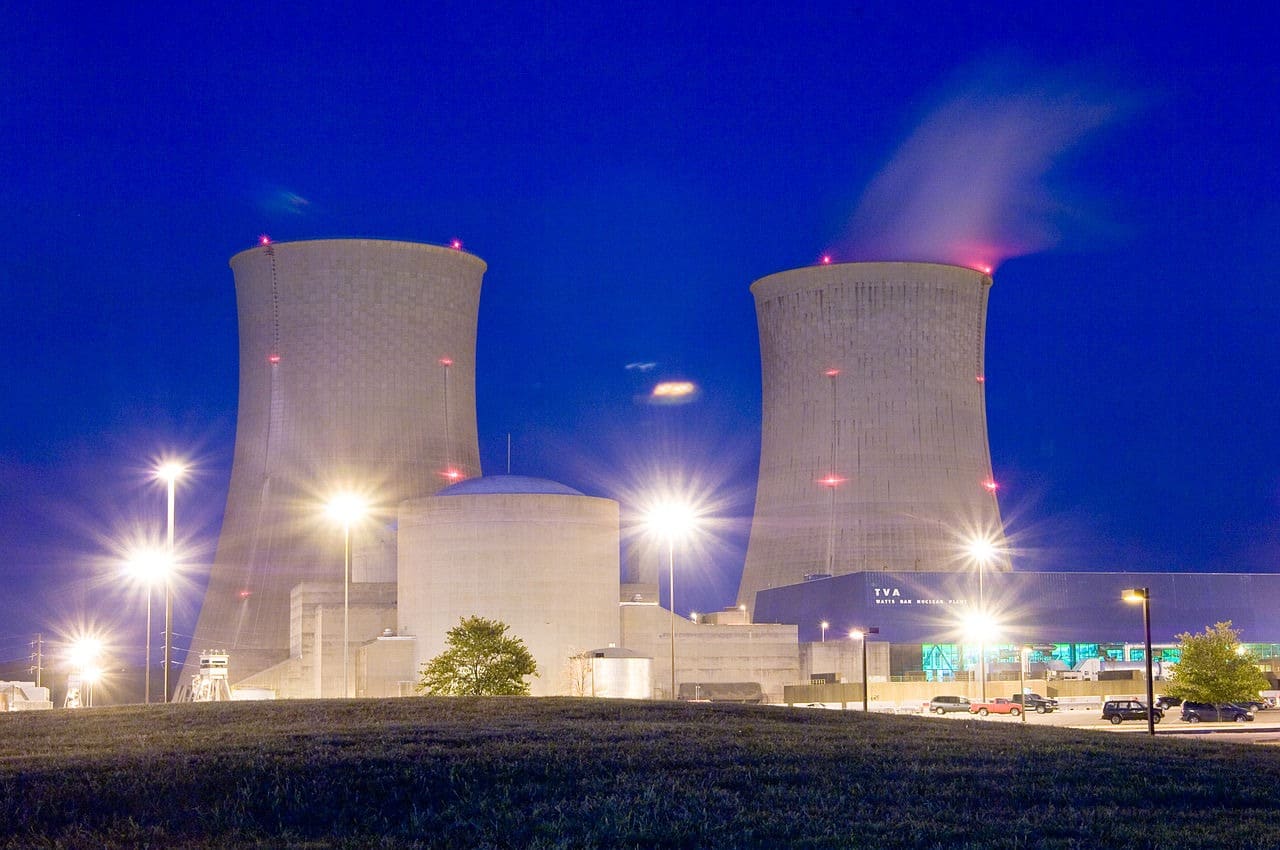
by Sulaiman Mueez 21 October 2023
To guarantee the security and safety of nuclear operations in any nation, a strong and independent nuclear regulatory authority is essential. This organization is in charge of supervising and controlling all facets of nuclear operations, including energy production, investigation, and safety procedures. Its main goal is to safeguard the people, the environment, and the interests of the country by establishing stringent standards, upholding them, observing compliance, and taking corrective action as needed. It also ensures that international norms regarding the safe use of nuclear energy are ratified within the concerned state’s legal system. Despite the fact that nations with military programs, such as India, would not divulge information on their military installations for obvious security and credibility reasons, their civilian regulatory infrastructure would serve as a reference point and might provide an idea of what their military infrastructure consists of. In fact, one may argue that, given the intrinsically sensitive nature of a military program, it is more likely that the military would have placed stricter protocols in place to make sure that no security event occurs concerning a nation’s critical assets. However, a crucial component of strict security measures carried out by a separate nuclear regulatory authority is absent in India. The Atomic Energy Regulatory Board (AERB) of India, which is in charge of regulating nuclear energy, is not impartial in its role or operations. It is a division of the Department of Atomic Energy (DAE), which oversees the nation’s nuclear program. Because of this, it is extremely doubtful that AERB would have the authority to halt any operations carried out by DAE, even if it were discovered that they did not comply with the established international norms.
The main concern here is whether or not AERB, which functions as a regulatory body under the auspices of DAE, can exercise complete independence and objectivity. An efficient regulatory authority must be able to make and uphold decisions without being swayed by the organizations it oversees. AERB may have a conflict of interest because it monitors the security and safety of nuclear operations carried out by the DAE. Besides the IAEA, scholars from India have also raised serious concerns over the country’s fast-expanding nuclear program on the one hand, and absence of stringent safety and security measures on the other. Existence of a regulatory board is crucial adherence in international nuclear regime. Globally, the nuclear sector is heavily regulated, with standards and safeguards developed by agencies like the International Atomic Energy Agency (IAEA). To make sure that a nation’s nuclear operations adhere to these international standards, an independent regulator is necessary. India’s compliance with international best practices for nuclear safety may be questioned in the absence of an independent regulator. Being a nuclear capable military power and volatile relations with another nuclear power; Pakistan, it becomes much more pivotal for India to leave their nuclear program unchecked. Incase of any provocation from either side, a nuclear war would have far-reaching consequences not just for the region but the whole globe.
Another issue regarding India’s nuclear program is growing uranium smuggling and black market purchase. In February of year 2022, 8 people were apprehended in Nepal for illegal possession of uranium substance which was reportedly smuggled from India and 2 of those were also Indian. Similar reports of illegal purchase and possession of Indian uranium come out every few years. India’s nuclear security capabilities came under scrutiny. In May 2021 following allegations of the recovery of 7 kilograms of extremely radioactive uranium, worth 210 million Indian rupees, from a scrap dealer. 200 kilograms of nuclear and radioactive material is reportedly went missing from Indian installations during the previous 20 years. These incidents indicate a serious breach in Indian nuclear facility and lack of effective measures to safeguard the uranium enrich substances. The system of material accounting and control appears to have gaps in it. Every facility, from uranium mines to enrichment plants to reactors, is required to have a strict material accounting and control system in accordance with international standards and regulations to make sure that not even the smallest amount of material is misplaced. The fact that nuclear security breaches continue to occur with such impunity points to major problems with India’s nuclear security culture.
The responsibility for national nuclear security must be emphasized. The international community, particularly neighboring governments, have legitimate worries as a result of the fact that nuclear threats and the possible repercussions of nuclear terrorism can cross international boundaries. As such, neighboring state like Pakistan has often pointed out the serious security flaws in India’s nuclear infrastructure because, in the event of any nuclear terrorism incident, the transboundary spread of radioactivity might immediately impact the entire neighborhood. Pakistan has suffered from such security designs, for example, a missile was accidently fired into Pakistan’s airspace by India during their routine maintenance check. That was an unprovoked violation of Pakistan’s sovereignty and could have been a trigger for a serious escalation. These events put Pakistan in a compromising position where their immediate hostile neighbor has such unsatisfactory nuclear security protocols and have a record of accidently firing missile into their land without any hints of taking responsibility. India’s deficiency of an independent nuclear regulating authority is of pivotal security issue. In order to maintain the safety and security of nuclear operations within the nation as well as India’s status in the international nuclear community, this issue must be resolved. For India’s nuclear activities to be compliant with global norms and in the best interests of the country and neighboring region, there must be an independent, open, and responsible regulatory system.
